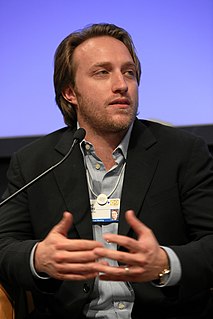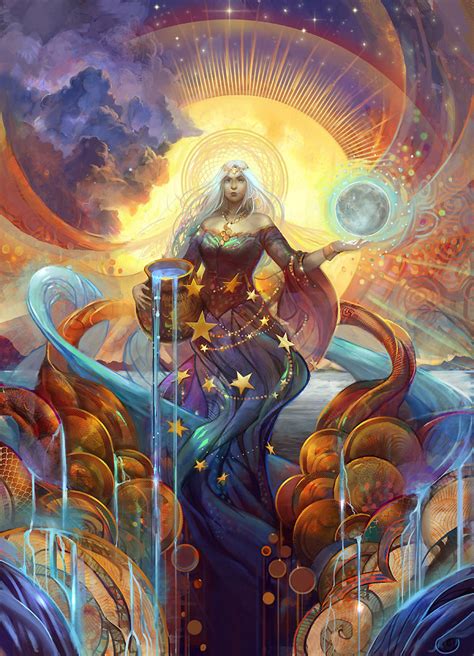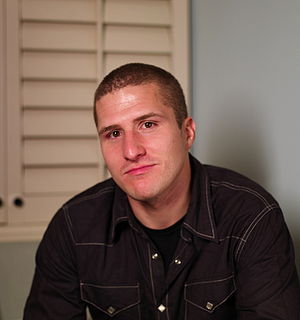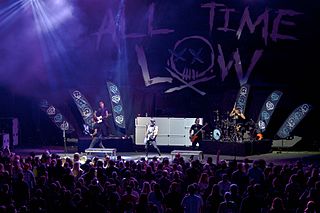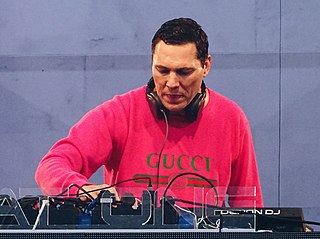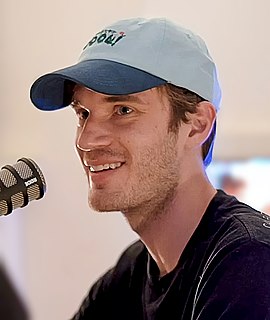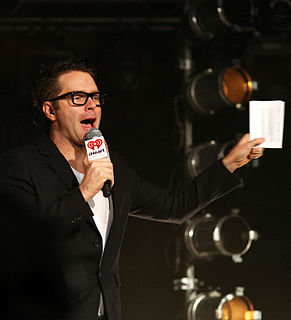A Quote by Hasan Minhaj
I went to college during the Kazaa/Napster era, and we had free Internet, which was a huge deal. People were just downloading all of everything.
Related Quotes
The Internet is all about accessing entertainment. Realistically, 50 to 80 percent of all traffic is people downloading stuff for free. If you can turn that huge market share into something that you can monetize, even if it is just with ads, you will end up making more money than with all other revenue streams combined.
I think music should be free. I think all communication should be free. I think people should respect artists, and there should be a certain respect for artists who give their music away for free. If your music winds up on Napster and you approve of it, then the person downloading your music should at least go to your concert, should at least purchase your songs.
I spent much of my college life prepping for other careers, but I was always drawing and painting whenever I had free time. Eventually, thanks to the internet, I started noticing that there were such things as art schools, and professional artists, and people making a living doing a variety of types of art.
I consider us to be one of the first Internet-based bands, especially because we basically started our entire band via the Internet. Before MySpace Music even existed, we had a band MySpace page. We were one of the first fifty bands on PureVolume(.com), and we really built everything from the Internet. That's how we started talking to record labels, that's how we booked our first tours. Without the Internet social networking, like Twitter, we definitely wouldn't be where we are today. It is a huge part of the band.


